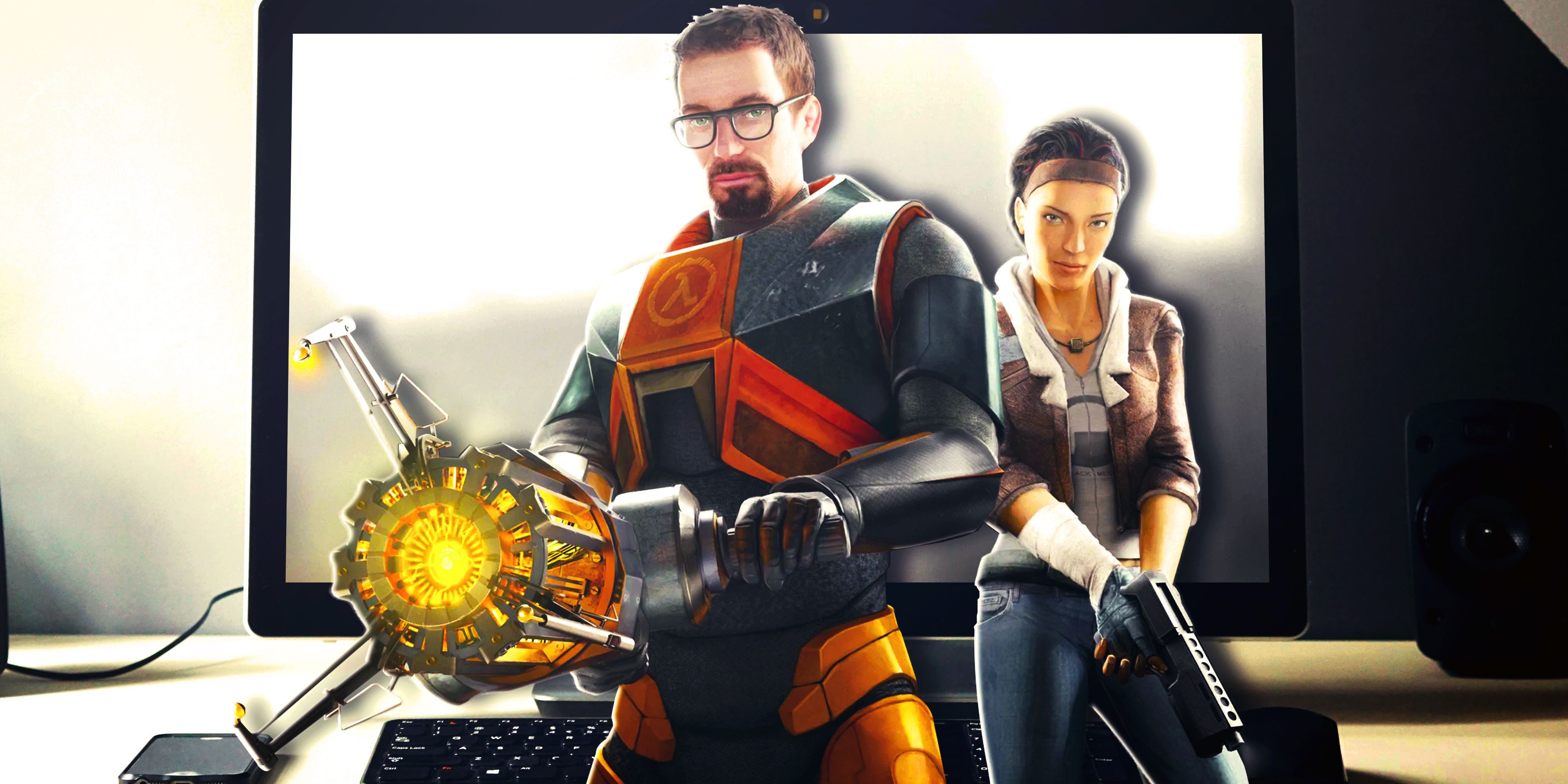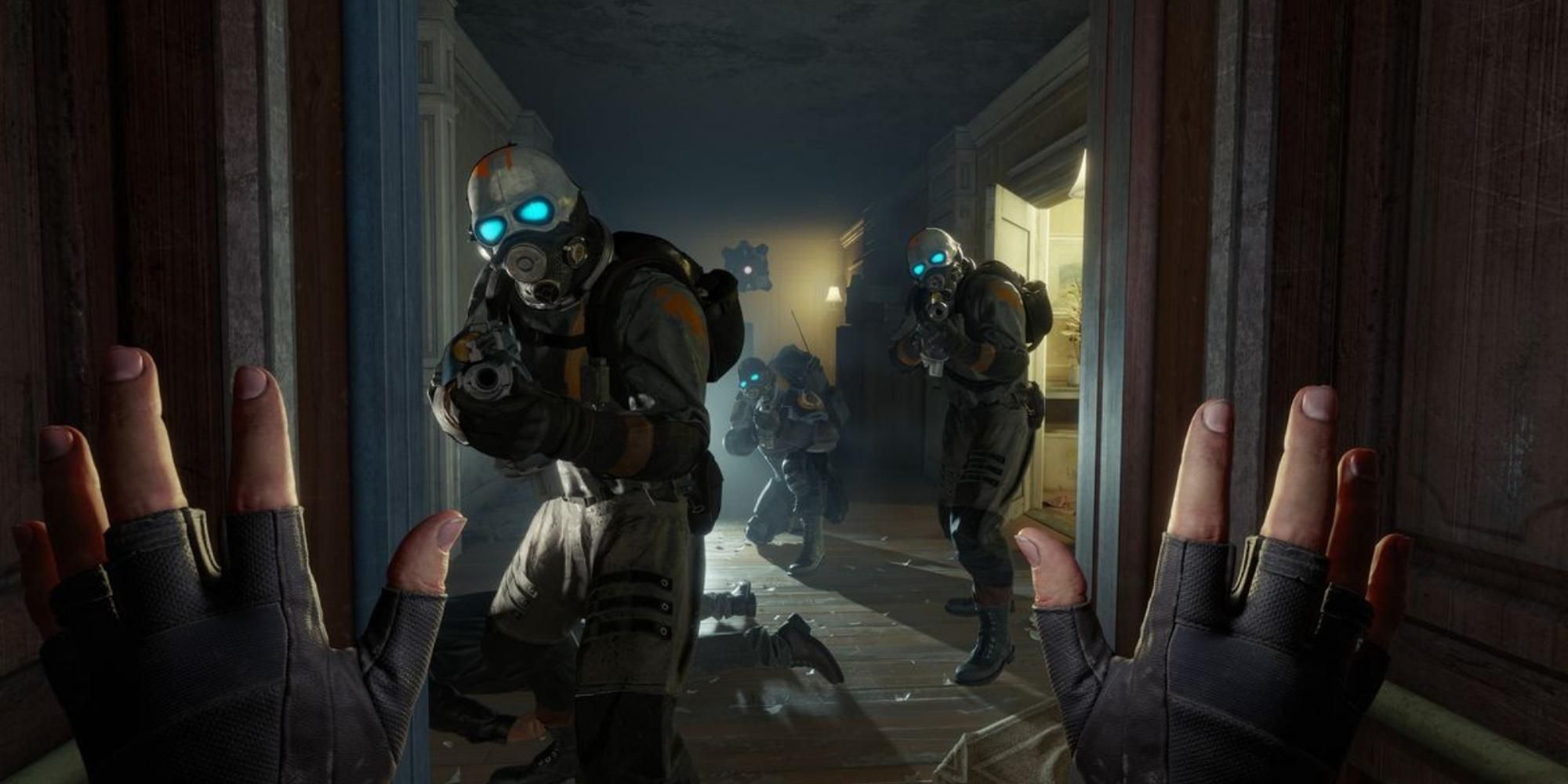PCs are the expensive option in gaming, right? A gaming rig is the choice of serious players with disposable income, right? Well, not exactly.
When you compare the cost of a new PS5 ($450-$700) to the price of a comparably powerful new gaming computer ($863 by IGN’s estimate), the PC is more expensive. And that estimate doesn’t include the monitor, the mouse, or the keyboard. You can always spend more, and some rigs are going to run you several thousand dollars.
You Have A Gaming PC… Now What?
But after that initial upfront payment, the math quickly changes. I have a gaming laptop that I paid around $2000 for in 2020, which was a high upfront cost. But since I bought it, I’ve almost never paid full price for a game on PC. You might say, “Andrew, you’re a games journalist, you get games for free.” And while, yes, I do get some review and preview codes, I almost always ask for them on PS5. The big full price games that I’ve gotten codes for in the last year, like Silent Hill 2 and Dragon Age: The Veilguard, I’ve played on console.
No, the big factor is that the humble personal computer is a land of perpetual sales, freebies, and subscription services. While consoles get all three, PC gets more extreme versions, much more frequently, and there are several PC storefronts where these deals can pop up — compared to the single, unified store on each console. The benefits quickly multiply.
They’re Practically Giving The Games Away
Let’s talk about sales first. There’s almost always a sale going on Steam. A bunch of games might be steeply discounted because it’s the weekend. Or a publisher like Ubisoft or Bethesda might just put a dozen of their games on sale for no real reason. There are multiple weeks each summer when many developers, publishers, and franchises all come together to slash prices on Steam. After a few years playing on PC, these get less exciting because you eventually grab most of the stuff you want.
Another factor that’s fairly small but adds up over time: This gen’s $10 upcharge for new triple-A games is much less common on PC. It still happens, but it isn’t the default. Kingdom Come: Deliverance 2, for example, is $70 on PS5 and $60 on Steam.
There are multiple PC storefronts, too, which increases your chances of getting a good deal. When Warner Bros. shut down Monolith last week, people were talking about F.E.A.R., and I decided I wanted to finally check it out. It wasn’t available on Steam, so I loaded up GOG. It turned out the game, and all its DLC, was on sale for $0.99. Yes, I got the complete edition of F.E.A.R. for a buck. While writing this, I decided to go see what else was on sale on GOG, and thanks to the “Deals of the Week,” there were multiple full games, including several of the older Hitman titles, on sale for that amount or less. PC stores, and the developers and publishers that stock them, are looking for an excuse to give stuff away.
Free Games And Subscription Services
Which brings us to the Epic Games Store. The much-maligned Steam competitor has given away a game (or multiple) every week since it launched back in 2018. The result is that I own 292 games on the platform and paid for, at most, five of them.
And I’m pretty sure it’s two or three less than that.
Hate Epic if you want, and the store is less full-featured than Steam. But I’ve received thousands of dollars worth of free games, and gave nothing in return beyond having a free account.
On the other hand, I do pay for my Xbox Game Pass Ultimate Subscription, which costs a few hundred dollars a year. But I can play every new game that comes to Xbox, using my PC, my console, or my phone through the Cloud. If I was trying to keep up with that many games without the subscription, I would be in the thousands, not the hundreds.
All of these factors come together to make playing on PC an extremely low-cost experience. Sales are always happening, free games are abundant, and subscription services like Game Pass make new games a relatively cheap part of one big bundle. And it isn’t uncommon for the indie platform itch.io to sell hundreds of games as part of a pay-what-you-want bundle in support of worthy social causes.
Sure, a PC is expensive up front (though thanks to Steam Deck, even that has changed). But you make that money back quickly. The platform is practically throwing games at you. You just need to know where to hold up your mitt.

Next
The Steam Deck Wasn’t For Me, And Neither Is PC Gaming
Valve’s handheld tried and failed to get its hooks into me.














Leave a Reply